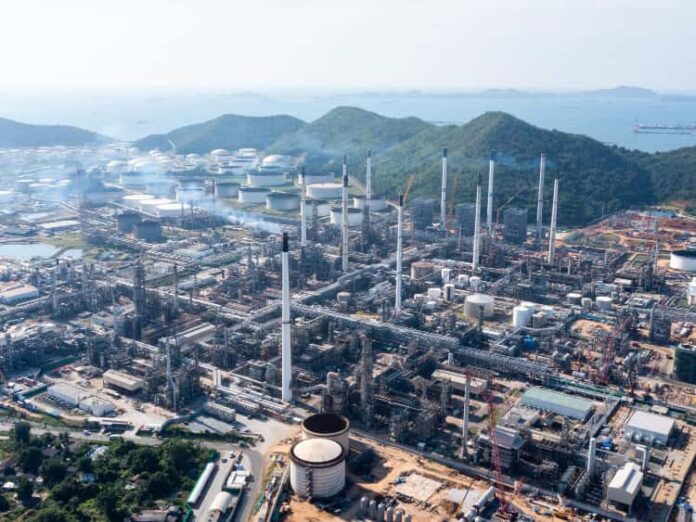In a bid to alleviate the financial strain caused by surging energy costs on the populace, Pirapan Salirathavibhaga, Thailand’s Deputy Prime Minister and Energy Minister, has unveiled plans for a substantial overhaul of the country’s energy pricing structure. Pledging to commence this reform with the removal of refined oil import restrictions, Salirathavibhaga aims to create a fairer and more sustainable energy system.
The Deputy Prime Minister highlighted the necessity of this initiative, emphasizing its potential to free people from the burdens of uncontrollable energy prices. “We will be rebuilding a new, fairer energy system for the country, which will ensure energy security and sustainability,” he stated, envisioning a system that would lead to more manageable levels of fuel and energy costs for the citizens.
Acknowledging the anticipated opposition from oil refineries and similar enterprises benefiting from the existing high energy prices, Salirathavibhaga asserted his determination to push through the reforms, emphasizing that the overhaul was imperative for the greater good. He underscored the influence of certain entities that have sponsored politicians for protection, but remained resolute, stating, “I’m not afraid of them since I intend to overhaul the entire system.”
The crux of the overhaul involves liberalizing oil imports, a strategy aimed at exerting greater control over domestic oil prices. This initiative aligns with the energy policies announced in Parliament by the Pheu Thai Party-led coalition, marking a significant step in the direction of achieving energy security and affordability for the public.
Already underway, the reforms include advocating for the transfer of natural gas harvested and processed in the Gulf of Thailand, with the goal of boosting profits for the gas sector supplying power plants and other energy producers. Salirathavibhaga noted that this crucial work has been initiated, albeit without gaining widespread media attention.
The Deputy Prime Minister’s commitment to reducing energy prices has received support from Prime Minister Srettha Thavisin, who serves as the chairman of the National Energy Policy Committee (NEPC). Salirathavibhaga emphasized that the backing from the Prime Minister was instrumental in these efforts, as high energy prices significantly contribute to the rising cost of living, a challenge the government aims to address while stimulating economic growth through various policies.
As part of these initiatives, the government approved measures to maintain diesel prices below 30 baht (US$0.87) per liter and limit electricity tariffs for specific households. Additionally, concessions were granted for diesel and petrol prices, ensuring they remain affordable for the populace. Looking ahead, Salirathavibhaga anticipates the implementation of more strategies in the coming months to further reduce energy prices for specific groups, including farmers who may benefit from low-cost oil, akin to the assistance offered to fishermen.



